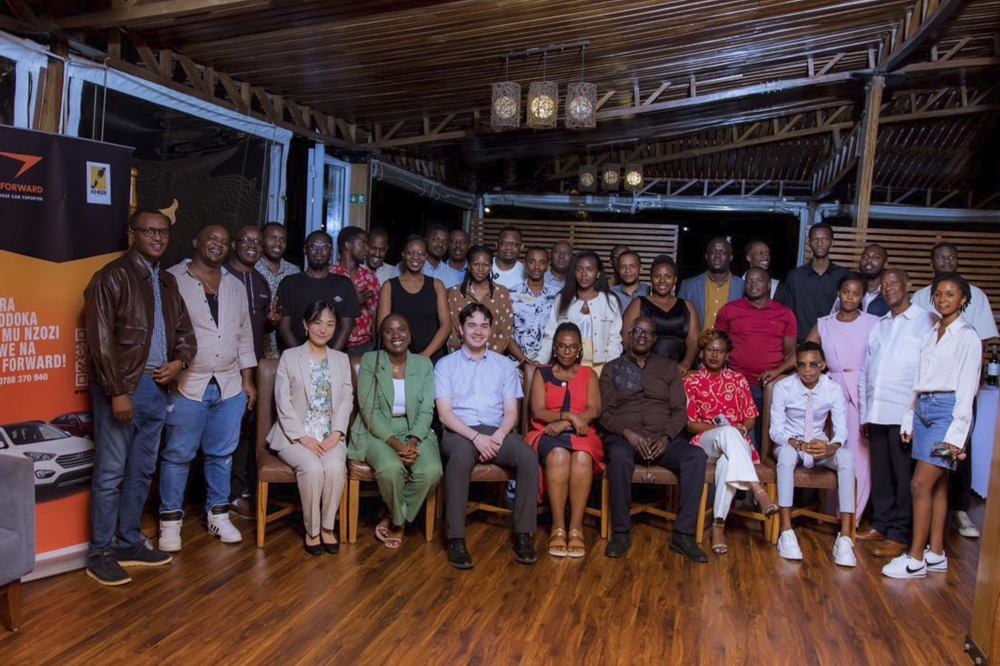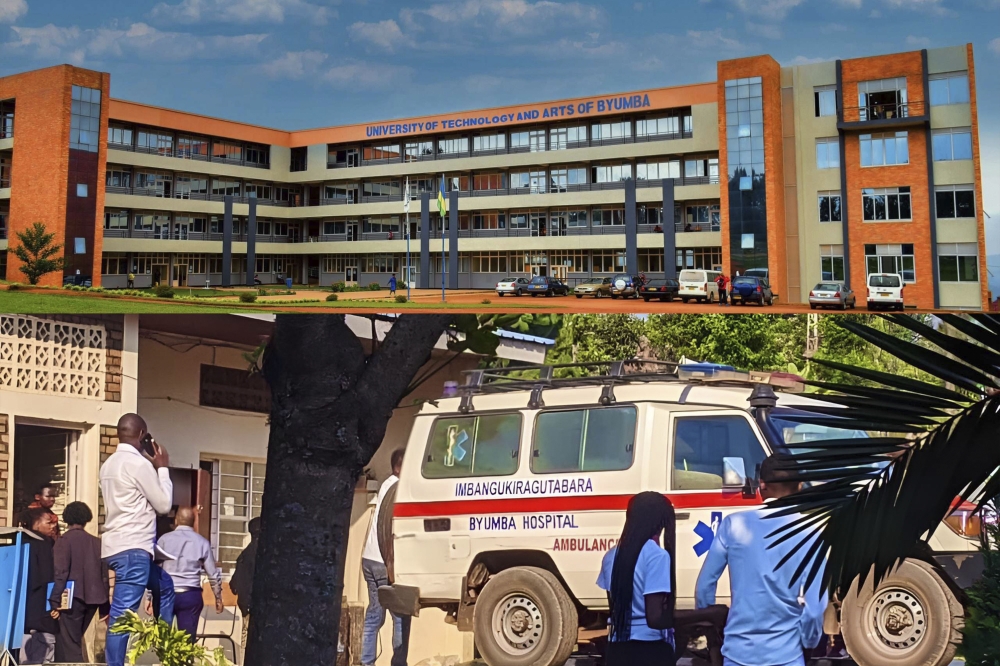Developing countries including South Africa, Egypt and Burkina Faso grew by over 50 per cent of global biotech crops last year, a senior scientist said on Wednesday.

Developing countries including South Africa, Egypt and Burkina Faso grew by over 50 per cent of global biotech crops last year, a senior scientist said on Wednesday. Chairman of the International Service for the Acquisition of Agro-biotech Applications (ISAAA) Dr. Clive James said the growth rate for biotech crops was twice as fast and large in developing countries than in industrialised countries during the same year. "Developing countries grew to 11 per cent from 8.2 million hectares versus industrialised countries five per cent from 3.8 million hectares,” James told journalists. James who released the findings in Nairobi noted that South Africa benefited from the growing of cotton, maize and soybean, while Burkina Faso grew cotton and Egypt maize. He revealed that the three countries lead the continent in growing genetically modified crops commercialisation an achievement that earned Egypt 770,000 U.S. dollars in 2011 and South Africa over 120 million dollars in 2010. Burkina Faso, Africa’s biggest cotton producer, has gained over 96.5 million dollars per year since 2010. Out of the 29 biotech crop growing countries, 19 are developing countries with Brazil leading worldwide. "Kenya is also set to benefit from the technology once commercial farming of its maize and cotton that are currently under trials are made official,” he added. James noted that beside Kenya, Nigeria, Uganda and Ghana are also set to start planting biotech crops before the year 2015, adding that Malawi is also following closely in this order. The Kenyan cabinet approved the National Biotechnology Development Policy in 2006. It provides a clear framework and vision for biotechnological applications in the country. The Biosafety Act, 2009 is also on course and is consistent with provisions and requirements of international agreements -- Convention on Biological Diversity and the Cartagena Protocol on Biosafety. The principal focus of this legislation is to ensure an adequate level of protection in safe transfer, handling and use of genetically modified organisms. Through the Act, a transparent science-based and predictable process is on going in the trials of genetically modified activities in the country under the watch of the National Biosafety Authority (NBA). James said that unlike Kenya, many countries are still lagging behind due to lack of political good will. "Kenya’s food productivity is set to improve once they first biotech maize and cotton crops are grown,” he noted. According to ISAAA Africa Director Dr. Margaret Karembu, the Millennium Development Goals (MDGs) and the recent drought that hit the Horn of Africa where 12 million people were affected can be solved by the biotech technology. Karembu noted that besides conducting trials on maize and cotton at the Kenya Agricultural Research Institute (KARI) research centres, Kenya is also promoting plant tissue culture that ensures supply of disease-free banana planting materials and marker assisted breeding for the development of crops with traits of drought tolerance, disease and pest resistance and high yields.






